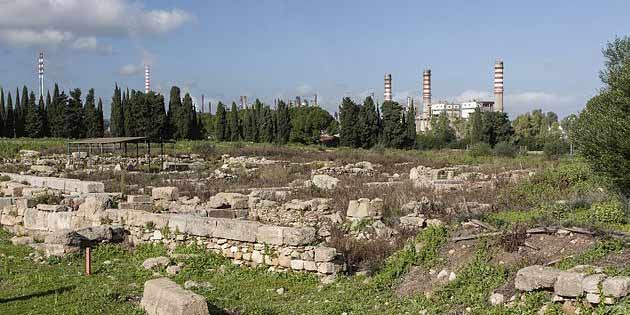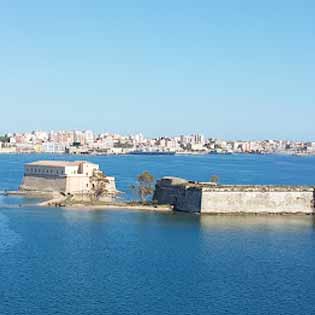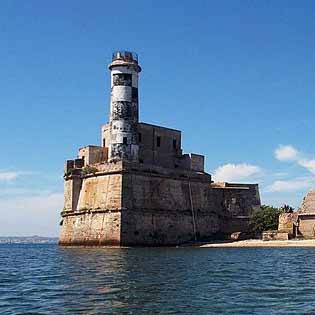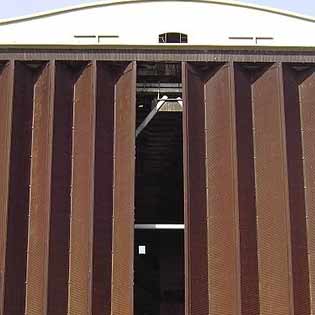Megara Hyblaea

Davide Mauro - CC4.0
The archaeological area of Megara Iblea is the site of an ancient Greek colony. The city once occupied a wonderful position, overlooking the sea, but today, unfortunately, its position is unfortunate as it falls within the industrial center of the city of Priolo.
The city of Megara was founded in 728 BC, as the historian Thucydides writes, by settlers from Megara Nisea. Megara will be the motherland of another ancient Sicilian city: Selinunte.
Unfortunately, the city was short-lived: it was destroyed for the first time in the 5th century. B.C. by the Syracusan tyrant Gelone and, then, definitively, in 214 BC. by the Roman troops commanded by the consul Marcello. The short life of this city and the fact that in the course of history no other city arose in that same place, has made it easy to identify the various phases of life of the city, starting from the archaic remains on which the buildings of the Hellenistic.
The necropolis is located outside the walls, leaning against the more ancient walls. To the left of the square is a sanctuary identifiable by the semicircle that closes it to the north. Taking the road to its left, one runs alongside a large Hellenistic house from the 4th-2nd century. B.C. composed of about 20 rooms arranged around two courtyards, one rectangular in shape, with a well in the centre, the other trapezoidal in shape. Some of the rooms still have the remains of the opus signinum flooring, i.e. an amalgam of clay fragments mixed with lime. Very clearly visible are the thresholds of the various rooms which still show the signs of the hinges of the doors. Still from the agora, the Hellenistic baths are flanked on the left. We recognize an oven and a round room that housed tanks arranged around the circumference. To the right of the baths is a Prytaneum, the meeting room for magistrates, from the archaic period, 6th century BC. The Prytaneum was characterized by squared and regular blocks, the continuation of the decumanus beyond the square ends with the West Gate and the fortifications from the Hellenistic period, with regular ashlars and reinforced by defensive towers.


